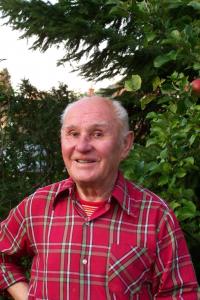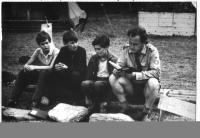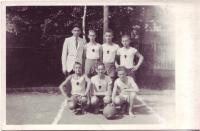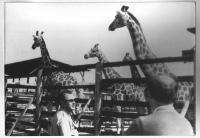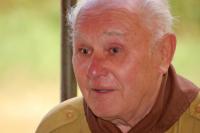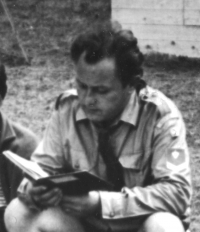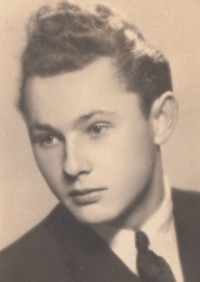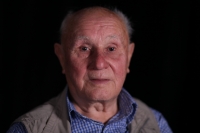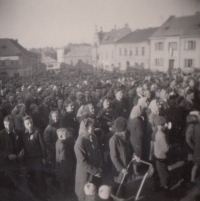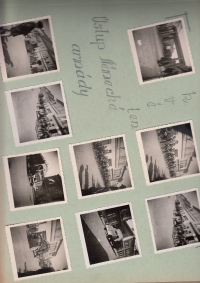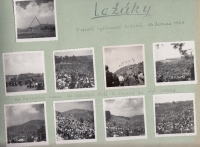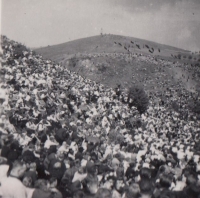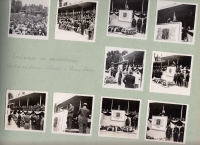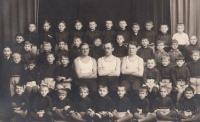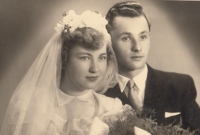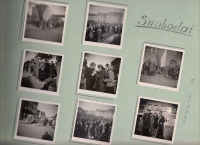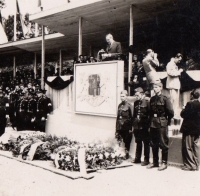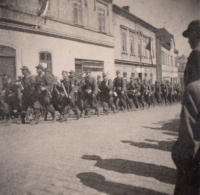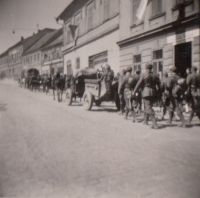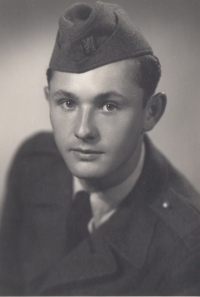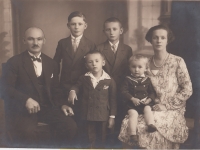I don’t regret the time I dedicated to children
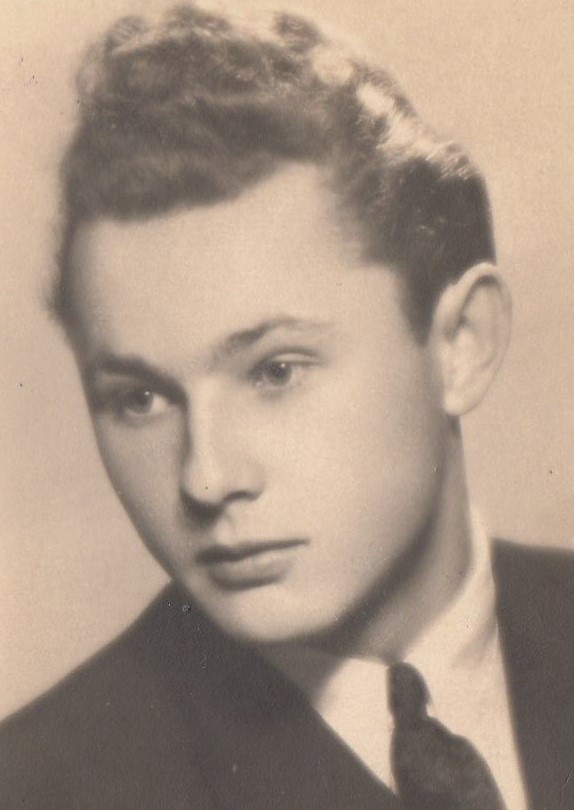
Stáhnout obrázek
Otakar Volejník was born on March 6, 1927, in Hlinsko. His father František was a tailor and his mother helped him in the shop. They had four sons and lived in Hlinsko. Volejník senior worked his way up from being a small-time tailor to running a sewing shop and later a clothes shop with ten employees. Otakar was an active member of the Sokol movement and as of 1937 also the Junák/Scout organization. In 1938 at the time of mobilisation, before the organisation was outlawed, Czech Scouts were engaged in civil defence. In 1943, he started studying at the Secondary School of Textile Industry in Ústí nad Orlicí. In 1949, Otakar entered military service and in that same year, communists confiscated his father’s business. In 1951, Otakar married Eva Maděrová and they had two children born in 1953 and 1957. He was working at Plyšan-Hlinsko, the state-run textile company, from which he was dismissed for his disapproval of the August-1968 Soviet invasion. During his most difficult times, he was supported by his wife. He dedicated his entire life to the education of children in the spirit of Scout ideas and values. He was involved in the renewal of the organisation in 1968 and then again following the Velvet Revolution in 1989, when he became the head of the local Scout branch in Hlinsko. Being a Scout prepared him for life. His life maxim is honesty and cooperation.
